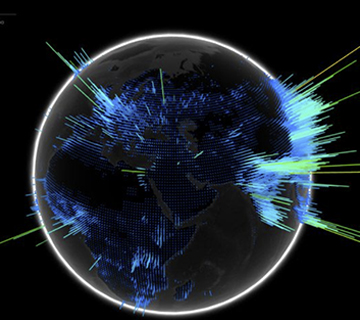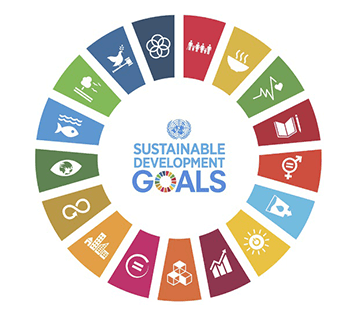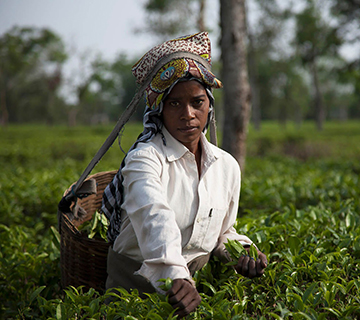Virtual Reality
Behavioral Design to Reduce Bias & Promote Diversity
Program Area:
Emerging Tech
Partner:
Location:
USA

The Challenge
Statistics for major cities in the U.S. show more than a 20% increase in hate crimes in 2017, on top of a 5% increase nationally in 2016. Following the political discourse demonizing minorities during the last election cycle and that continues today, the rapid increase in hate crimes has caught many communities off guard. Affected communities are looking for ways to elucidate the ways in which racism has systematically devalued and marginalized racial and religious minorities, to disrupt the narratives used to dehumanize them, and to build bridges with those who wish to understand the complexities of accounting for discrimination to support a society with substantive equality.
Research Insights
The prevalence of the 21st century post-racial myth and divisive discourse in our country around racial justice make this an exceedingly important time to reframe conversations. For many people, narratives involving racism produce feelings of pity, at best, and at worst, dangerous behavior with life changing consequences, rather than creating a sustained empathic connection, or a feeling of shared humanity. Some studies show that virtual reality (VR) experiences can help bridge the empathy gap and allow people to connect more viscerally to a story. Furthermore, from ICAAD’s experience in conducting workshops, we have found that promoting an environment for participants from different backgrounds to actively work together using participatory design methods generates greater trust in what is being created, while shaping a more memorable and visceral experience that leads to longer term behavioral change.
Intervention
The ICAAD team is working to develop a cutting-edge workshop for reducing prejudice and changing behavior by utilizing virtual reality and participatory design methods. During the workshops participants will connect with each other to understand various themes around race and equity, including racism, common myths and misinformation, formal equality vs. substantive equality, international norms and local policies, the impact of implicit bias, and perceptions and realities of privilege. The workshop will also provide a framework to work with participants to formulate actionable ways to engage with the struggle against hate.




